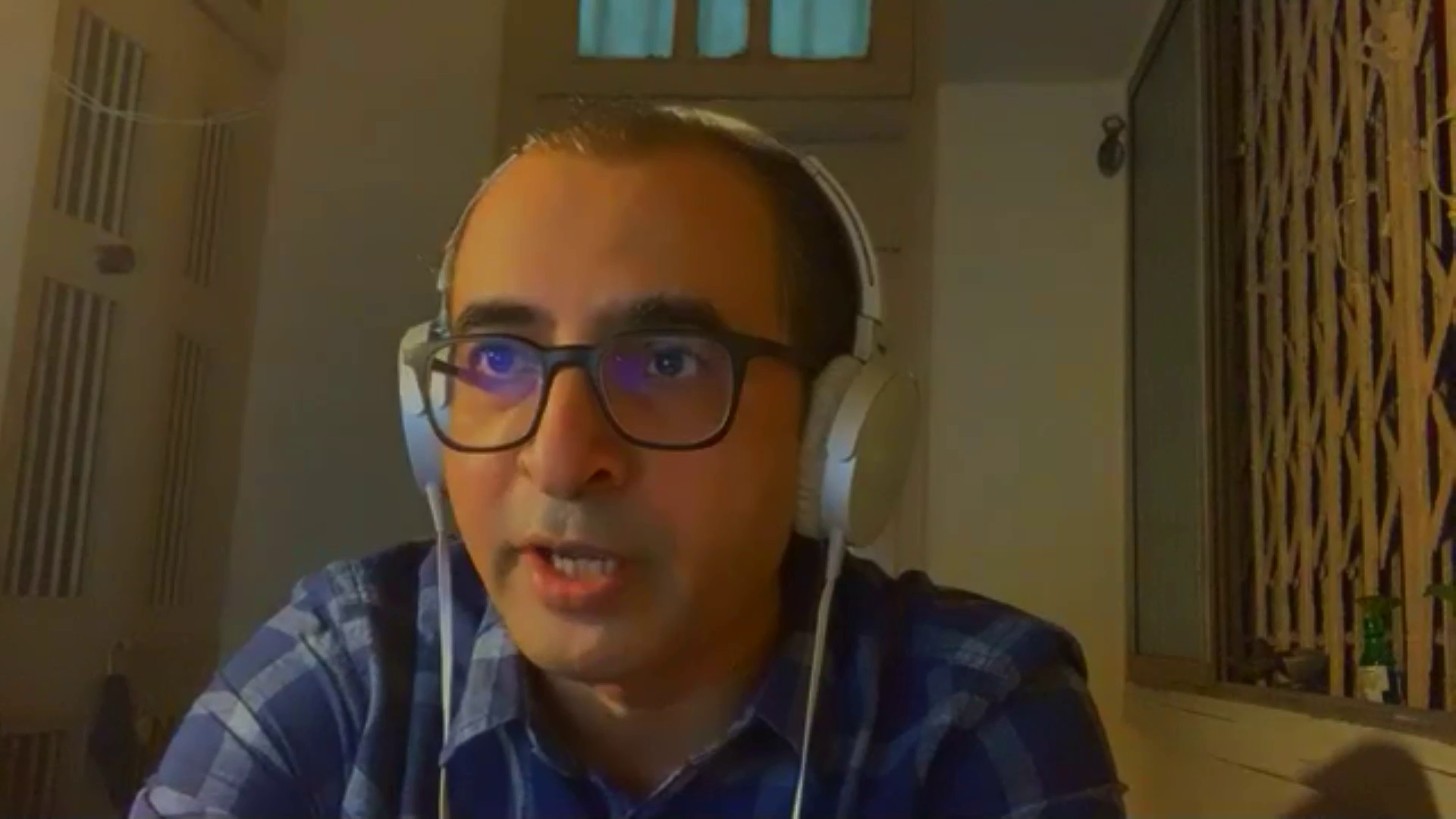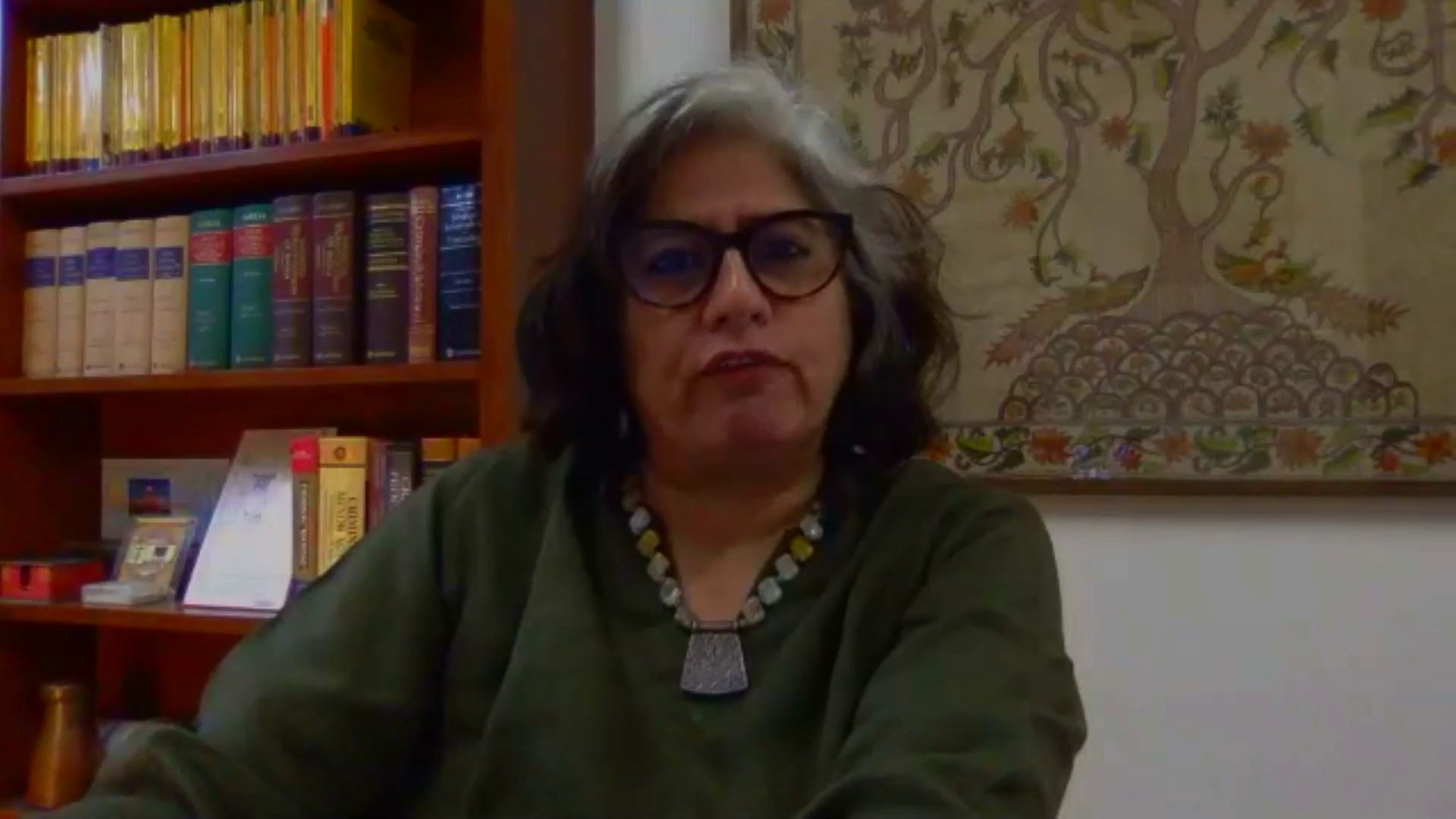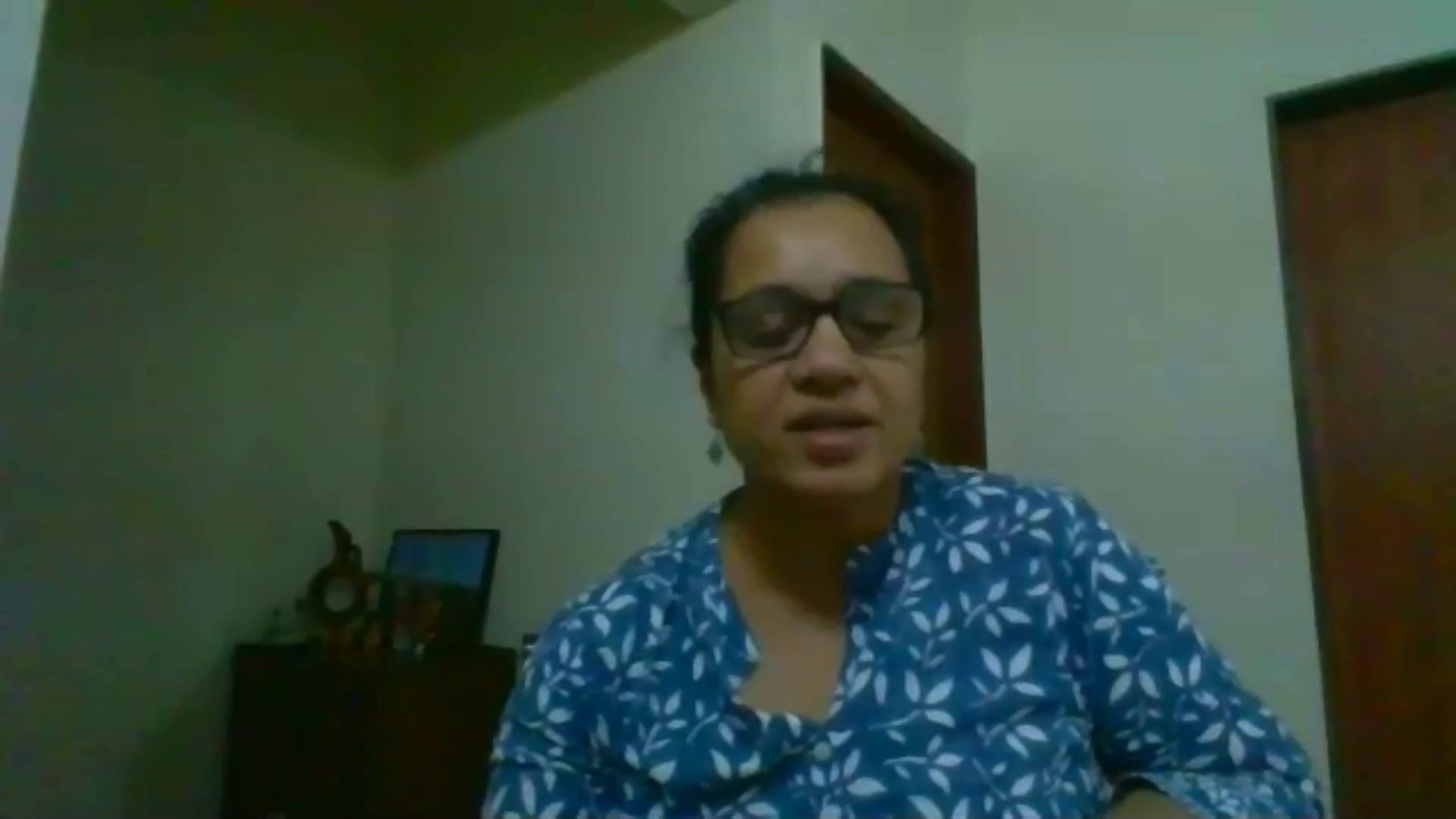 Criminal Law Reforms : Understanding the Implications
Criminal Law Reforms : Understanding the Implications
A Webinar by Forum Against Oppression of Women and PUCL Maharashtra
Video Report
Outlining the Issues: Sandhya Gokhale, FAOW and PUCL:Moderator: https://youtu.be/mjZ1k2QtgDs
The set up of the Criminal Law Reforms Coommittee raises doubts about the intentions and the outcomes, particularly in the backdrop of the Bhima Koregaon, and Delhi riots cases, where they have targeted young activists. And if no case was possible, they have used UAPA, where they have incarcerated people for long periods. Will this be the front door entry of dubious evidence and logic for further attacking those who disagree with the establishment.
Questioning the Questionnaire. Vijay Hiremath: Advocate, Bombay High Court https://youtu.be/eGhzbvSuRCc
The reforms committee was formed with an in-house announcement, without peoples knowledge. It does not have representation of women or minorities. Nor does it have lawyers with trial experience.
The questionnaire which the Committee has circulated to get the views of the people, is problematic.And it raises a lot of issues, which need wider debate.
Is it an attempt to bring provisions of laws like POTA, TADA within the ambit of the IPC.
An indicator is the mention of the sealed envelopes to judges. This is a frightening prospect, as an accused has a right to know and defend himself to challenge any evidence, or arguments put forth by the prosecution.
Other question revolve around evidence like voice sample, dental evidence, and new technologies. These have been challenged in the US courts. Yet there seems to be thinking of adopting these here.
 Will the Constitution be the Foundation ? Vrinda Grover: Advocate, Supreme Court of India https://youtu.be/wBQGe9CHOnA
Will the Constitution be the Foundation ? Vrinda Grover: Advocate, Supreme Court of India https://youtu.be/wBQGe9CHOnA
This process creates a narrative, to legitimise illegal ways in which opposing voices are being stiffled. Even those who are being consulted seem to have resigned to the prospect of the Home ministry and majority in Parliament will decide. And will such a decision be based on the Constitution framework or on narrow political exigencies.
When laws against torture and violence in custody have been stuck, even when there is broad agreement on the issues, other laws are pushed through.
New Age Evidence & Exceptions become Norm: Rebecca John: Senior Advocate, Supreme Court of India https://youtu.be/CLPmwOXj-MY
There is an attempt to allow evidence based on IT technoolgies, even when it has been challenged in other countries on the basis that it can be manipulated by those who have access to technologies to the detriment of the margianlised.
We need to be ALERT: Veena Gowda, Advocate: https://youtu.be/KDcCj8-0uOo
it is important that as civil society organisations we inform ourselves with the details of the process beyond the much needed initial objections through letters and statements. We also hope to use this space to discuss possible resistance strategies to continue with our campaign of expressing our concerns around these reforms.
 Q & A
Q & A
on Atrocities & FIRs: https://youtu.be/ucWXBiE41Y8
The Atrocities Act has some stringent provisions to enable proper FIRs. As per166A IPC, if a policeman refuses to lodge FIR, a case can be registered against him, but since 2005 only two such case has been initiated. ... but only twice so far it has been done.
There is the issue of accountability from the police, as they tend to dilute the offence. In the Hapur case, a mob lynching case was made by the police into a Motor Vehicles Act case. Thanks to video evidence, this was countered. It is possibile to file a written statement to overcome this. But yes, proper filing of FIR is a big issue which needs to be addressed.
Q & A on Witness Protection: https://youtu.be/5y2Vk-6nhA8
In our country, witness protection is means that 2 constables are posted. They do not have any other support or independent infrastrcuture. As a result, witness protection system ends up being a kind of police surveillance, while rather than protecting you
Q & A Of Mobs & Media: https://youtu.be/AC-k5wT_csI
State has been using dubious means for example photographs of accused have been displayed in public places. So when we ask for laws on certain issues like public shaming or naming, we must be careful as the State tends to use provisions adversely.
From chat: Arundhati Dhuru : Allahabad High court had clearly asked UP govt to take down public posture earlier in case of anti CAA NRC case but UP govt being what they are did not take them down, in fact brought a new law to giving them right to do so.
Q & A : Responding to the Committee: https://youtu.be/InpBOe2Dexs
Rebecca: Most questions are seeming confused. But forensics, etc are focussed. based on the questionnaires So it doesnt look like there will be any change in IPC
Vijay: Even though the deadline for five of the questionnaire is over, the Committee is likely to look at suggestions sent to .
From Chat: Mrinalini R, PLD : Please see this website, collating criticisms, news stories, representations, leaflets and FAQs about the Committee for Reforms in Criminal Laws: http://disbandthecommittee.in.
(ed) Also note that the FAQs ( https://disbandthecommittee.in/faqs.html ) and leaflets ( https://disbandthecommittee.in/leaflets.html ) providing information on the concerns regarding this process are available in several local languages on the website.
